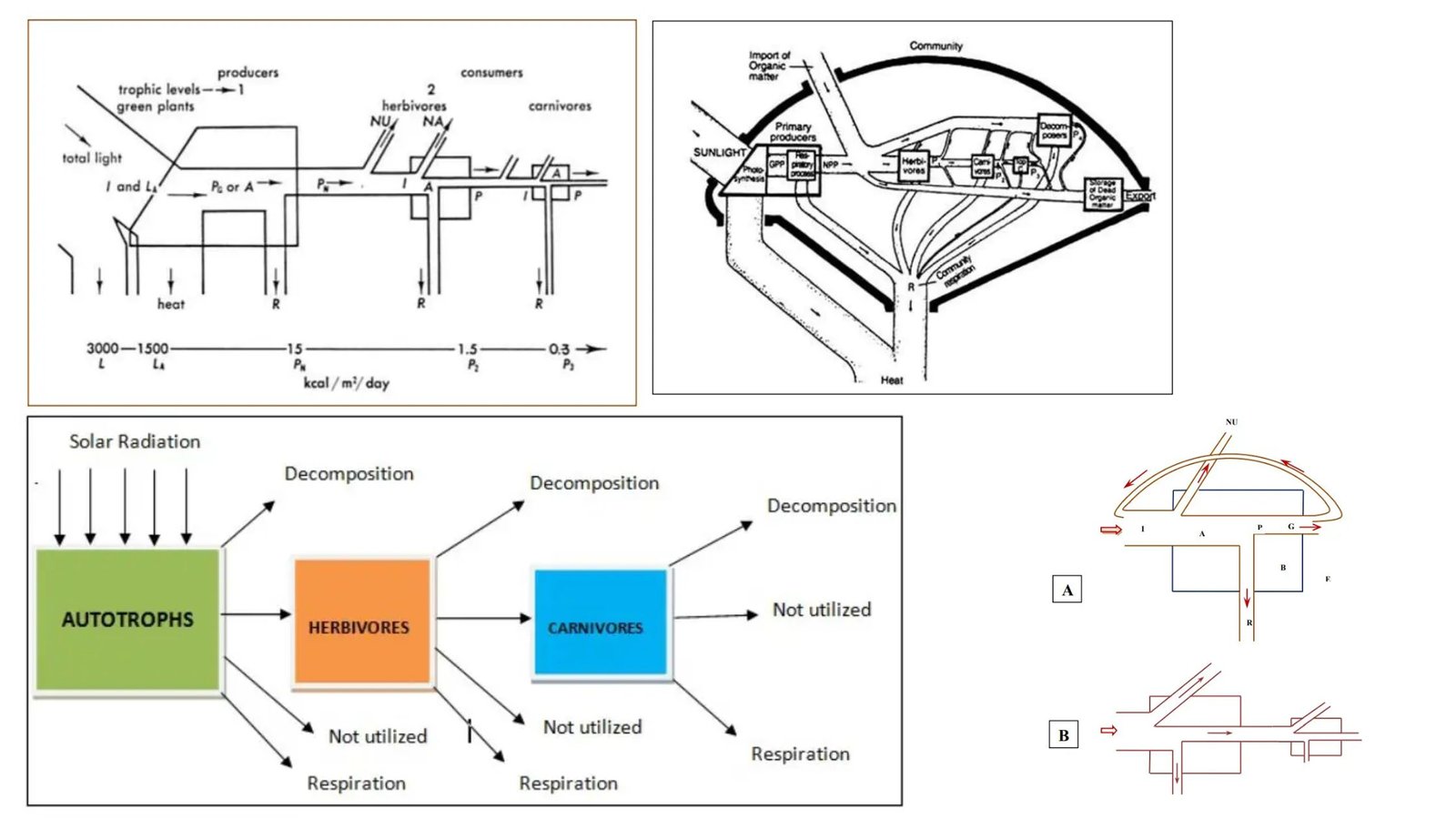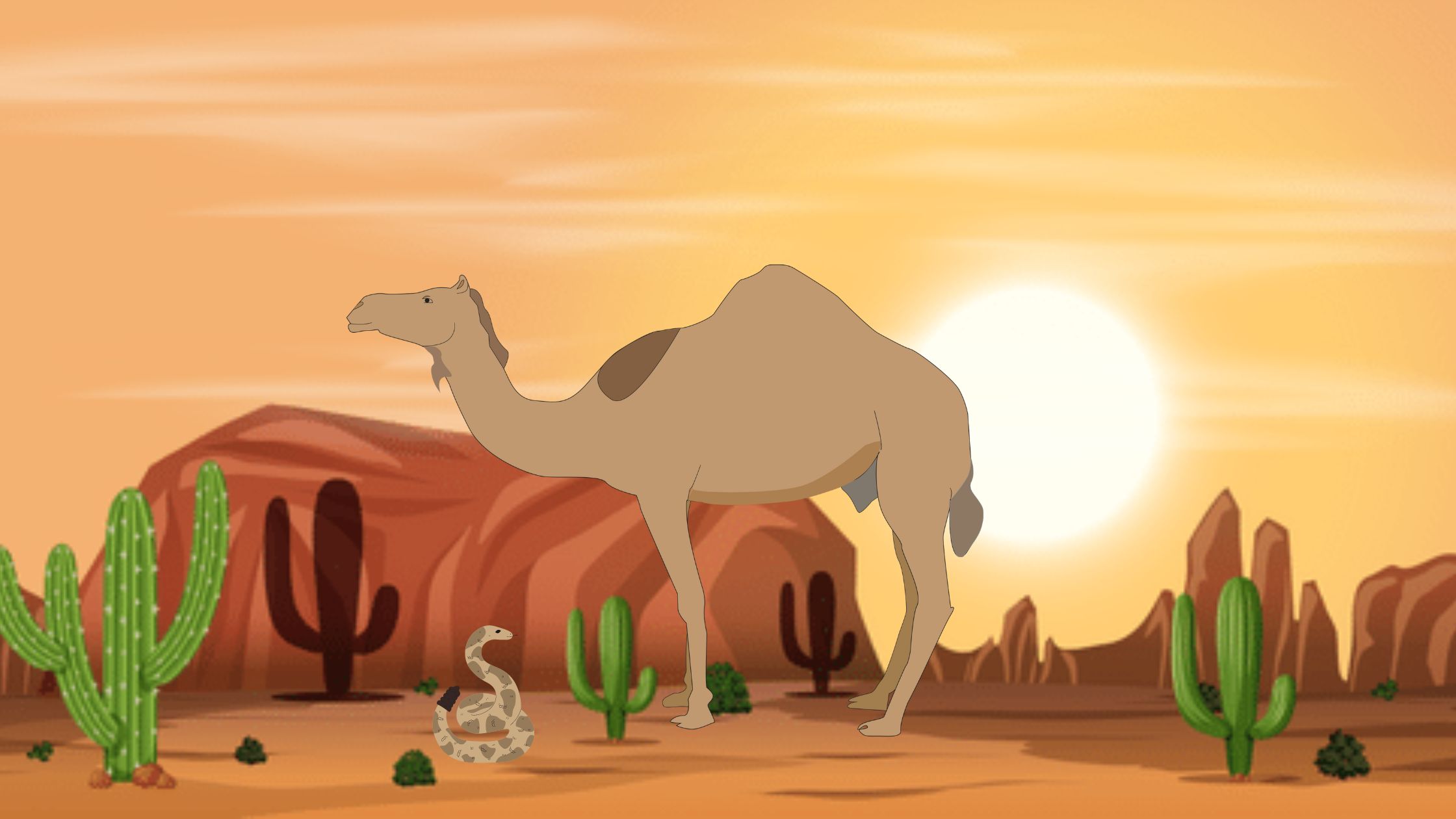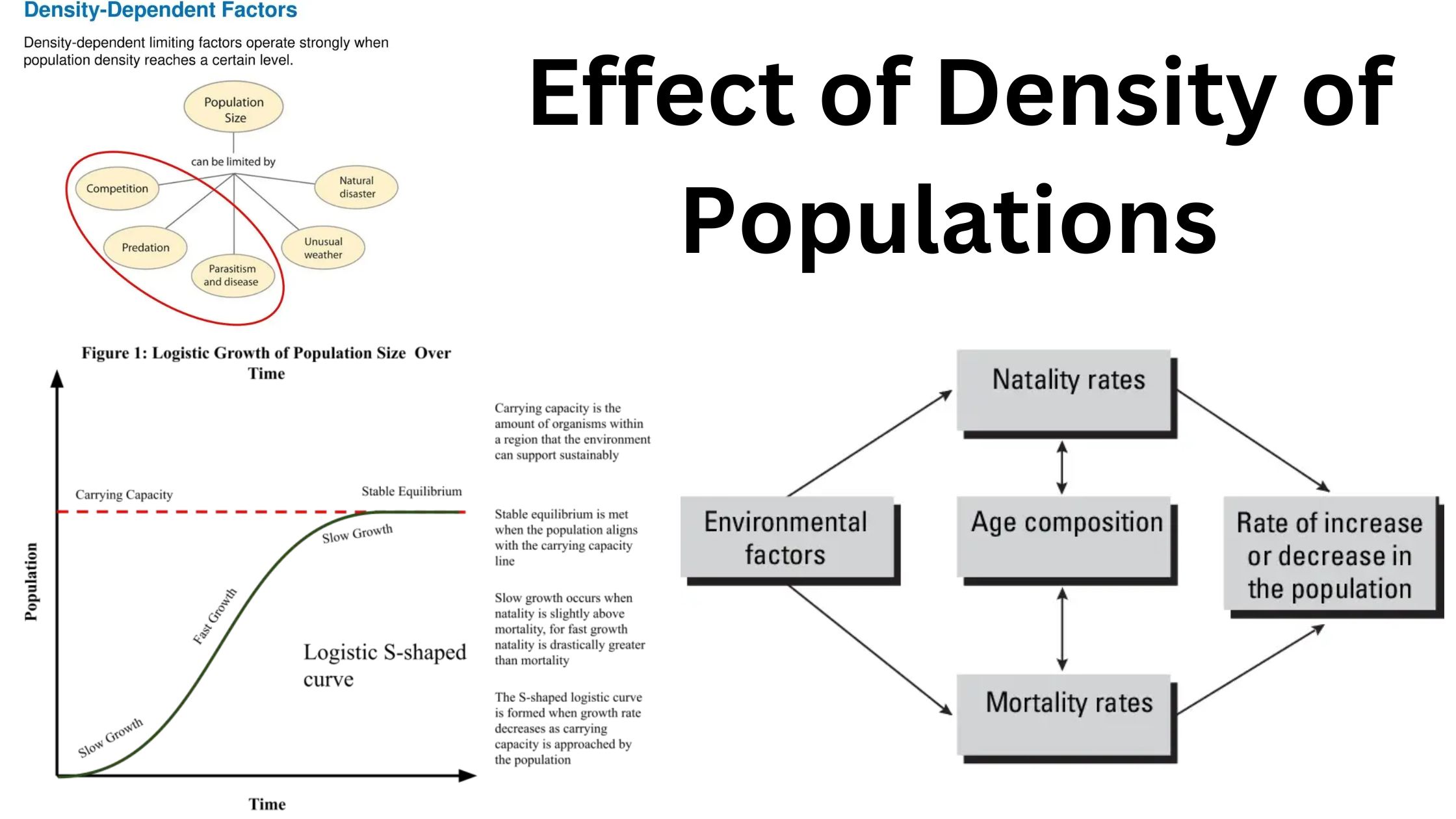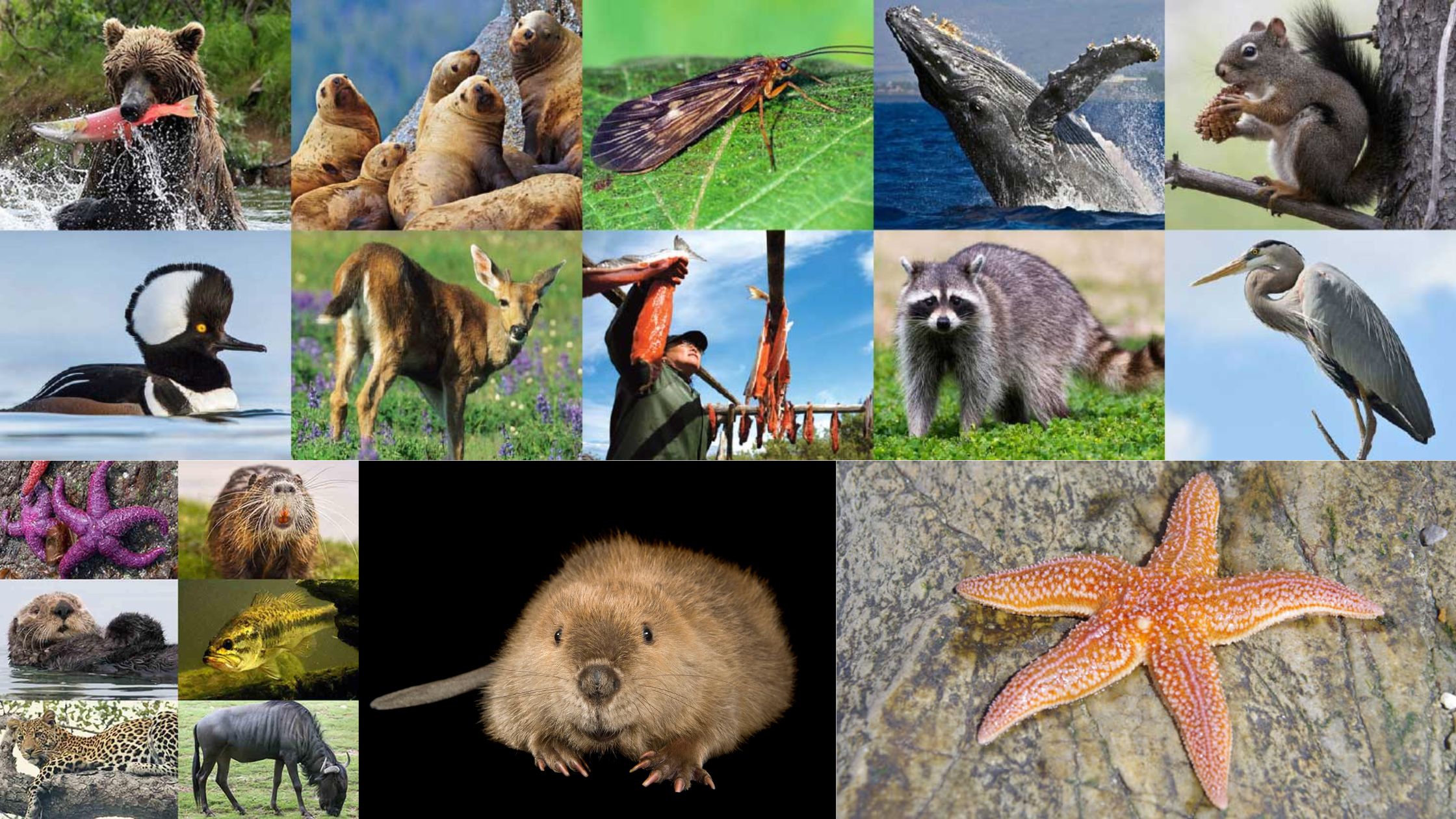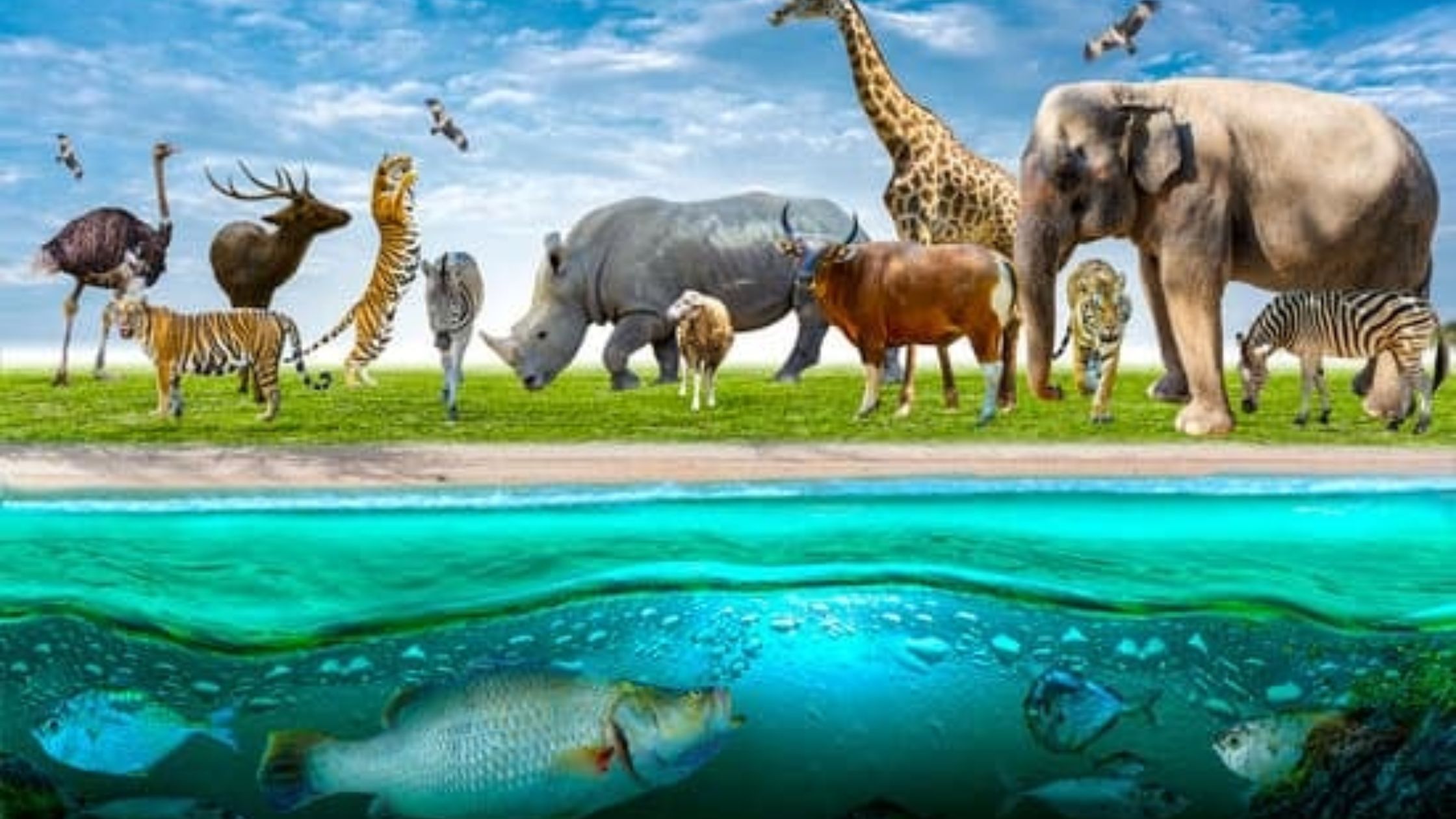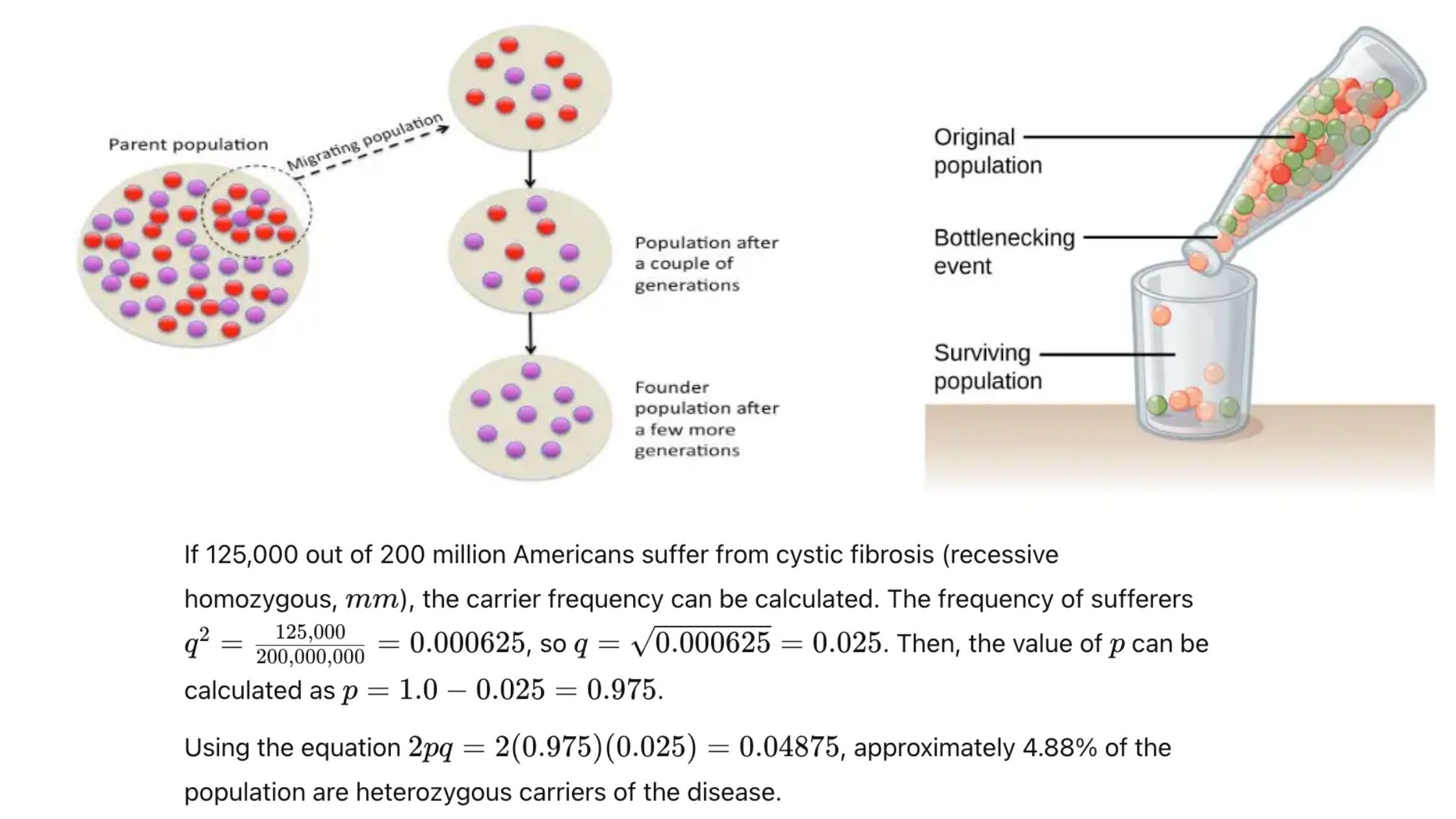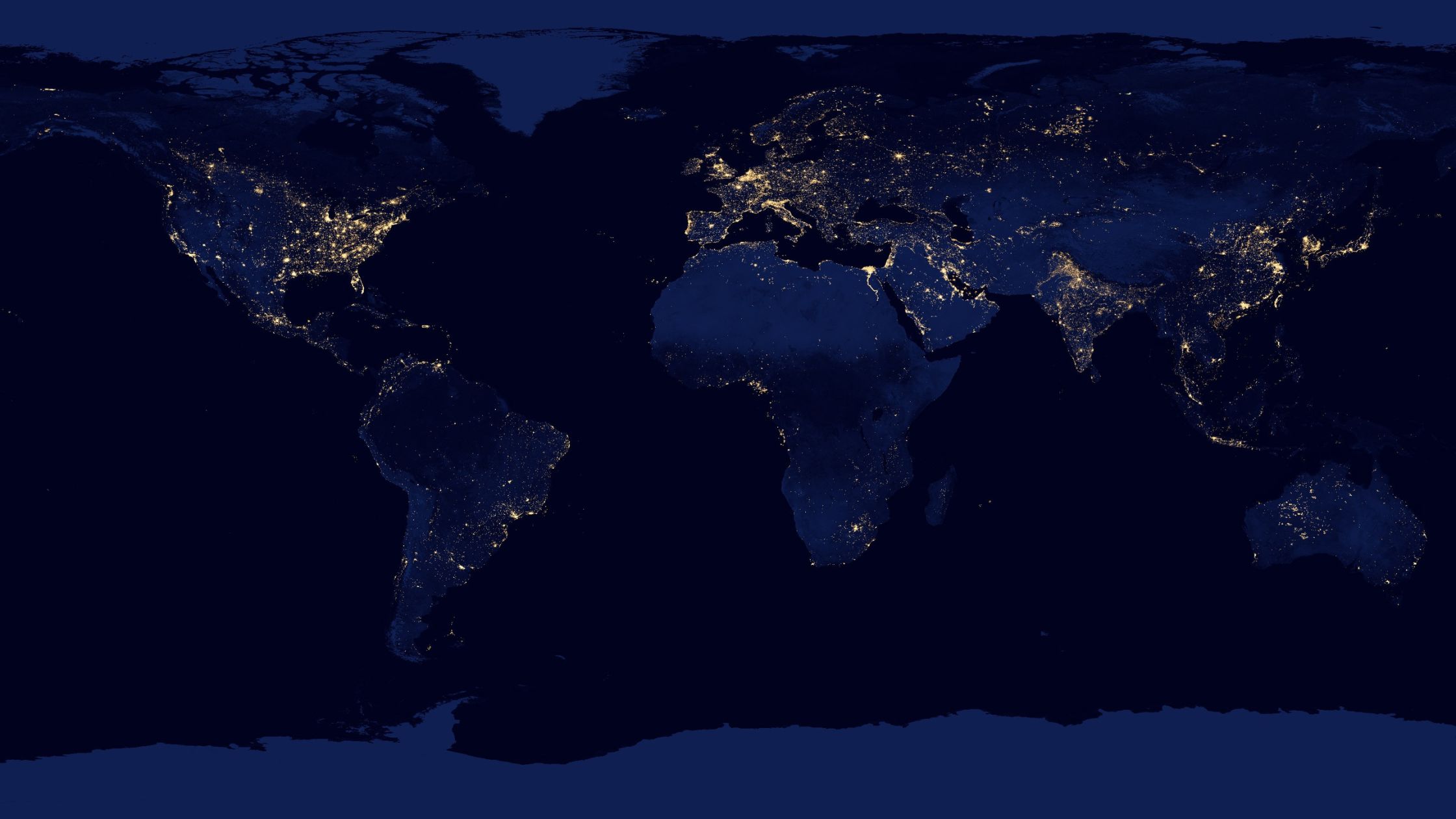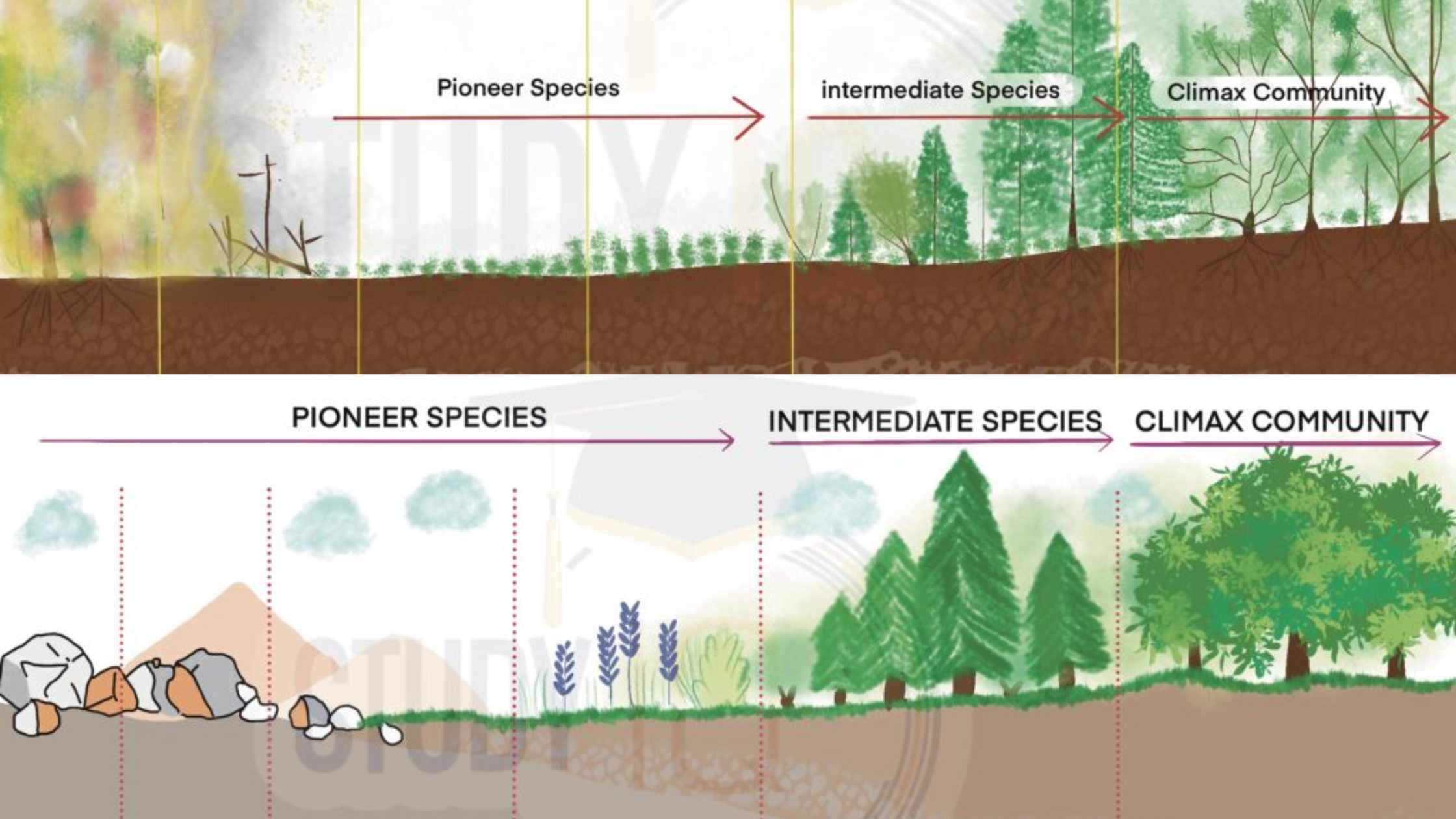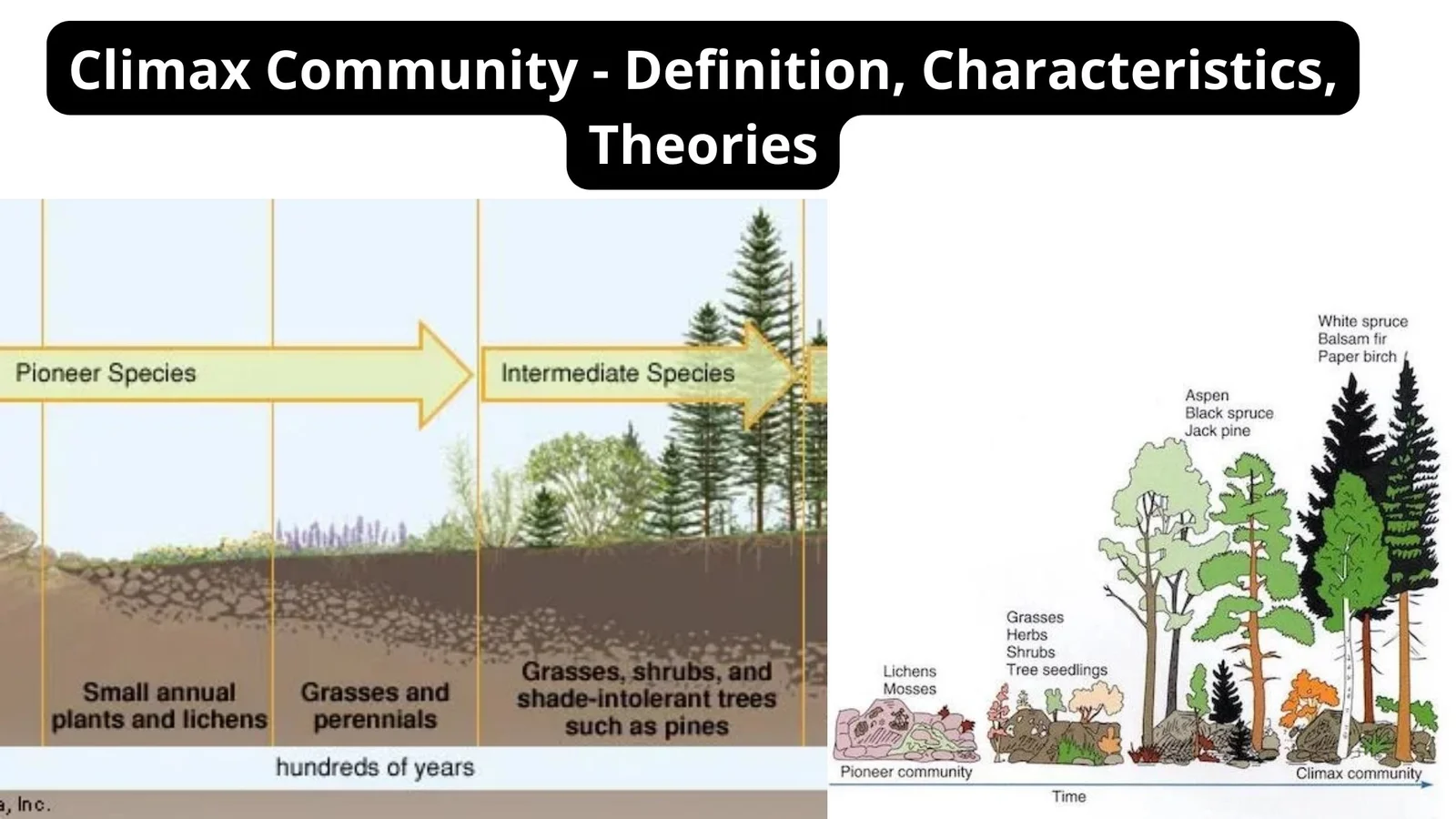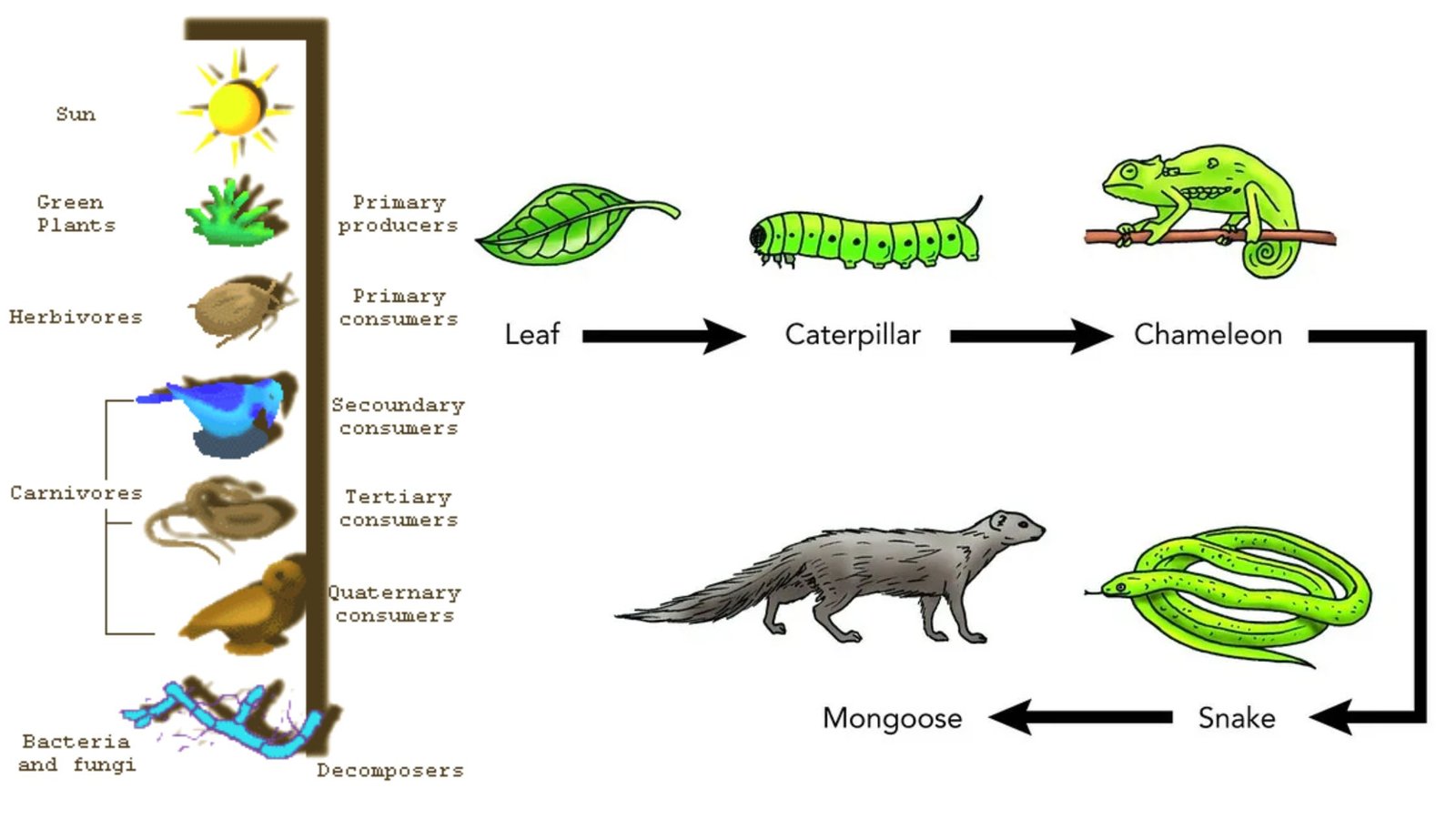Models of Energy Flow in a Ecosystem – Linear and Y-shaped food chains
Energy flow in an ecosystem is the process by which energy is transferred from one trophic level to the next, and it is always unidirectional. It is the sun that acts as the major source of energy for most ecosystems and this solar energy is captured by the producers through photosynthesis. It is converted into … Read more
